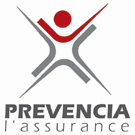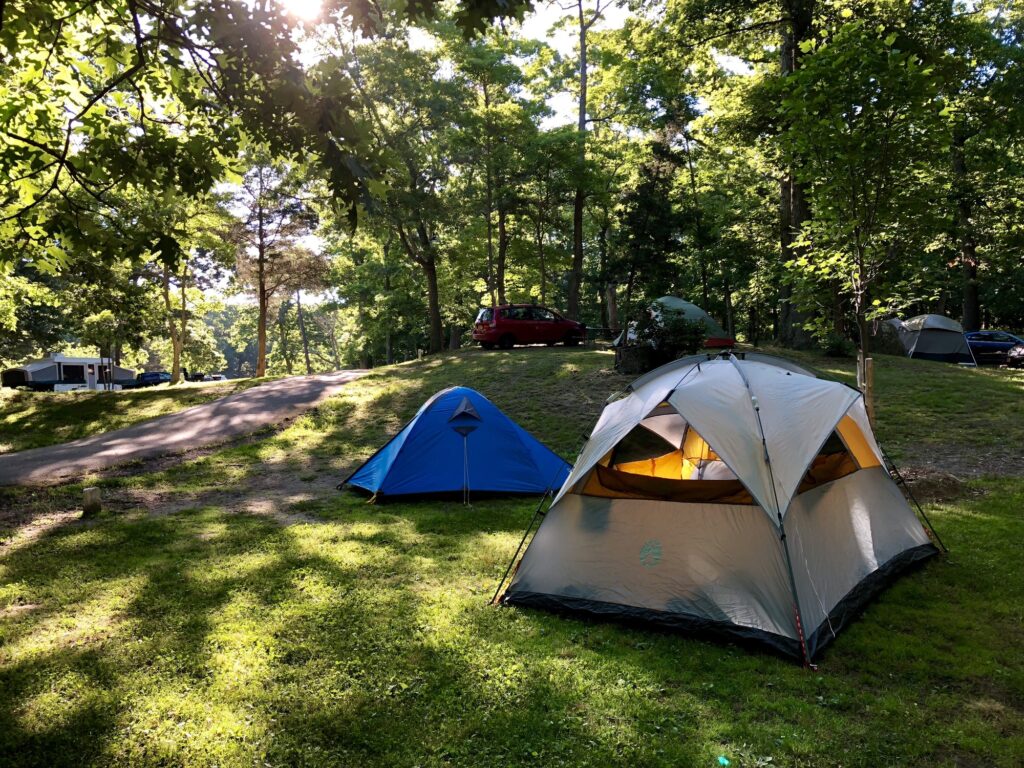Now that ‘lockdown’ is over and summer is starting, here’s a reminder about camping rules and regulations and some advice about your insurance. We look at le camping sauvage, bivouacking and where you can park your motorhome or campervan.
The ‘staycation’ may be in favour this year, so it counts to be prepared.
Wild camping
Le camping sauvage is when you fancy pitching your tent or parking your motorhome or campervan not in an official campsite. You can do this for a night or two but you must have the permission of the owner (or tenant) of the land. You can’t do this on the coast, in a designated/protected natural site or adjacent to historic monuments. You need to keep your wits about you because certain local authorities may have imposed specific rules – and you might not discover these until you ask. So be warned.
In wilder countryside, bivouacking is usually allowed for just one night and usually between the hours of 19:00h and 09:00h. Local laws may vary these times. Once you have these details established, just observe the basic rule of leaving nothing behind. Otherwise, the most important thing to note is that lighting an open fire is strictly forbidden in dry regions in summer.
Farm camping and aires naturelles
In France, you may find small campsites run by farmers (camping à la ferme). These usually have an allowance of no more than six pitches, and they must provide toilets, a shower and bins for rubbish and recycling. Aires naturelles cater for more campers with a maximum of 25 spaces.
Anything larger than these small sites are the more traditional camping.
Wild camping with your motorhome or caravan
Just as with tent camping, you cannot park your motorhome or campervan on the coast, in a designated/protected natural site or adjacent to historic monuments. However, you may park on the roadside in designated parking places. In some towns you may find small lay-bys designated for this specific purpose. These can often be free, particularly in less touristy areas. There may be limits placed on how long you may park up in these places. The norm is between one and three nights. Outside towns, parking a motorhome in lay-bys on quiet roads just for one night is often permitted so long as you present no obstruction to passing traffic.
Your insurance
Whatever kind of camping is your preference, before you go do verify that your policy includes public liability cover (responsabilité civile). This can be particularly important if there were to be fire damage to nearby homes, forests or crops that you inadvertently cause. The Office National des Forêts and various other landowners may insist on this.
If you have a multi-risk household insurance policy, you will most likely have this type of public liability cover included. Check with your insurer in advance. You can always request an extension to your policy that specifies camping. If you are camping abroad, check that your public liability cover applies in the country where you will be camping. If you are a member of la Fédération Française de Camping et de Caravaning (FFCC), this cover will automatically be included in your membership.
You can also take out short-term cover for your camping equipment and personal effects. Cover for theft and damage from storms is available. This would include natural disasters as recognised by official decrees.
Finally, while in France check that your public liability insurance covers damage caused by any children in your family/party.
More comprehensive cover is available through accident, life or health insurance policies.
The information provided here is for general guidance. The exact details of your policy will define your legal and contractual obligations. What is written there will take precedence over what is written here.
Ces informations sont données à titre indicatif. Pour connaître précisément vos obligations légales ou contractuelles en relation avec votre contrat d’assurance, veuillez vous référer aux conditions générales et particulières de votre contrat.

